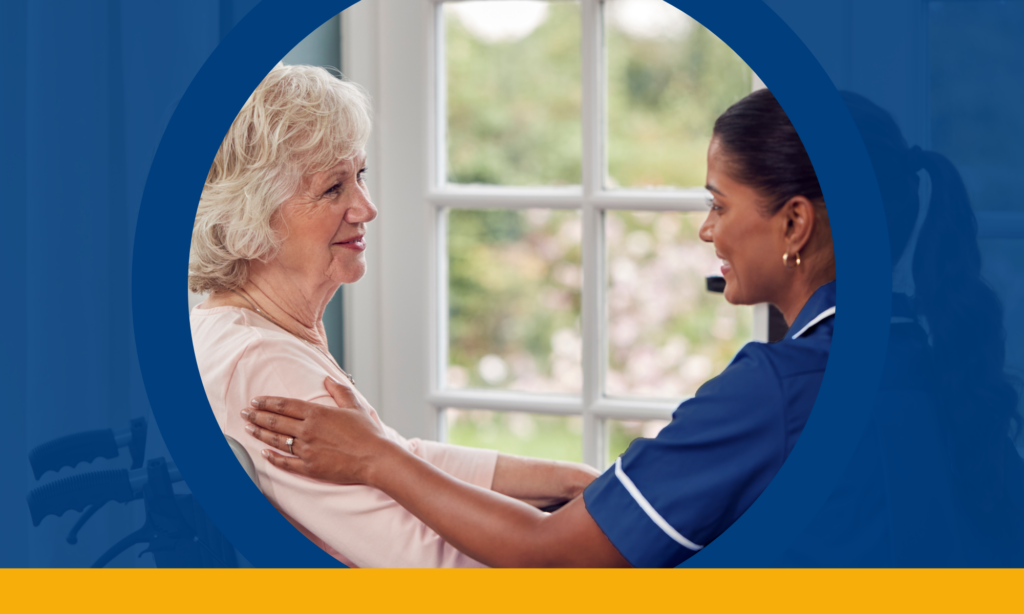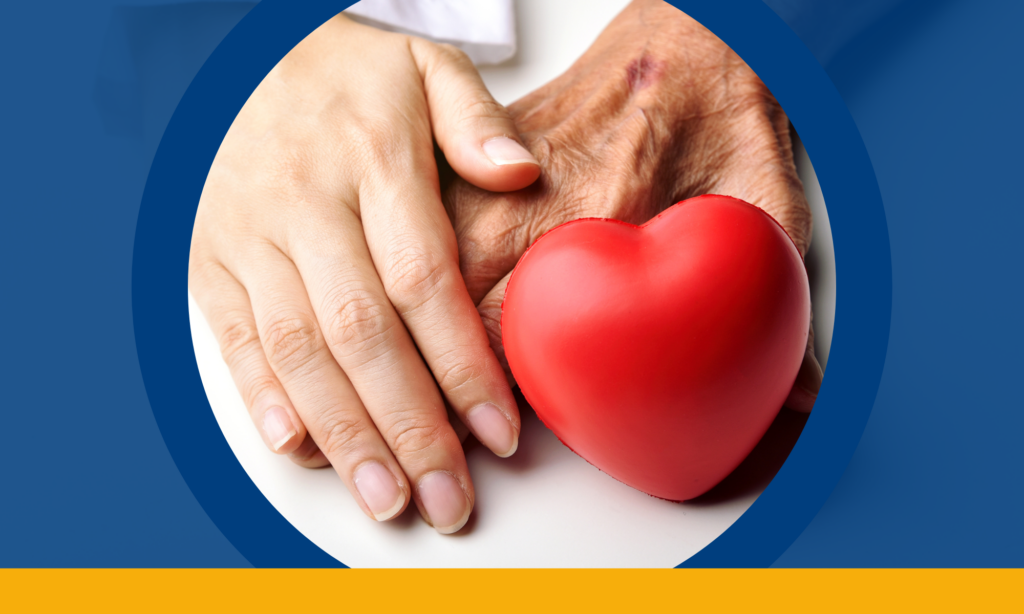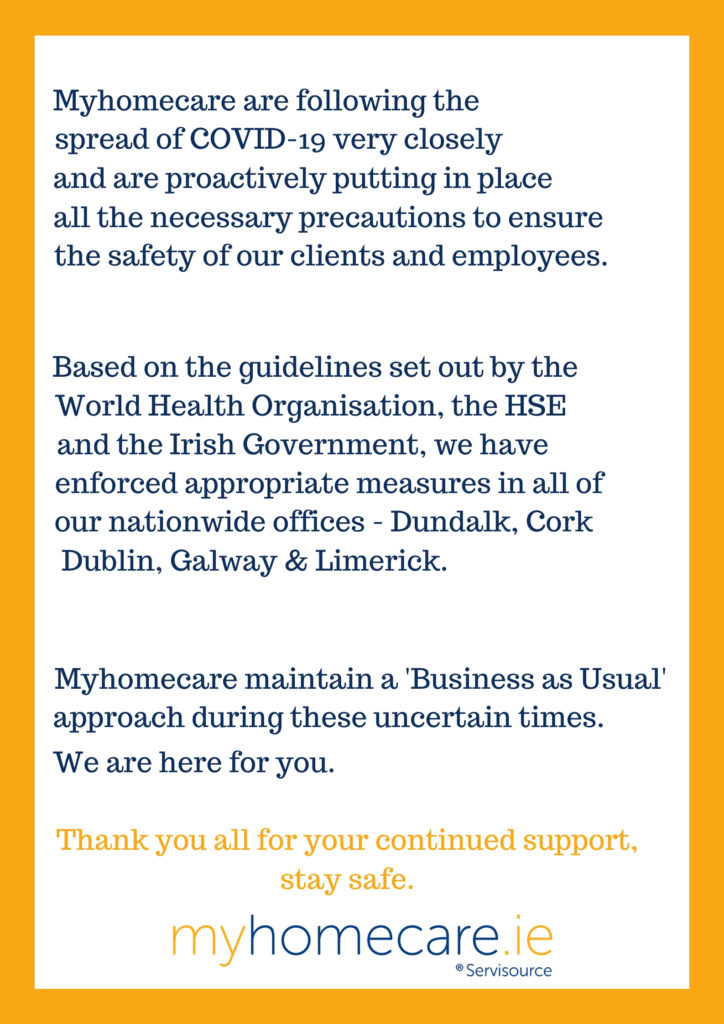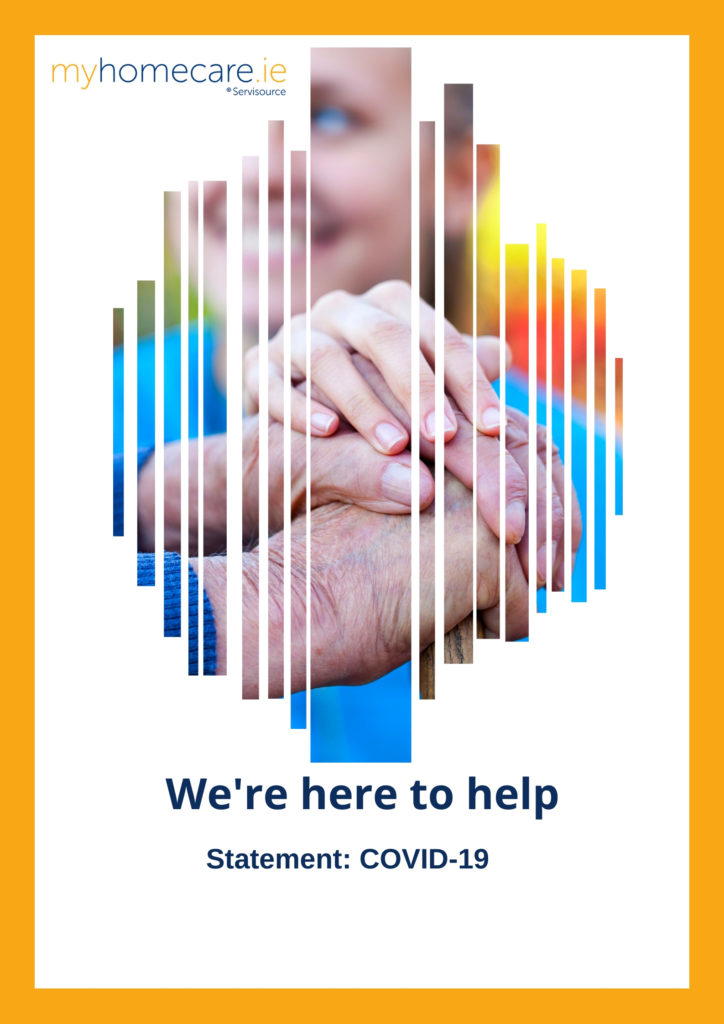The Covid-19 Vaccine Booster Dose Explained
In light of the recent surge in Covid-19 cases, the Covid-19 Vaccine booster programme has been extended following the recommendations of the National Immunisation Advisory Committee (NIAC). Taoiseach Micheál Martin announced new Covid measures with the vaccine booster rollout ramp up a key phase in combating the ‘fourth surge’ of Covid-19.
The latest figures show 4,407 recorded daily cases, of which 634 are in hospital with 119 confirmed cases of Covid-19 in the ICU.
**accurate at time of writing visit Ireland’s COVID19 Data Hub (arcgis.com) for updated daily figures
The vaccine booster programme has already begun with over 400,000 booster doses already being administered to those aged 80+ and those living in care facilities, according to HSE CEO Paul Reid.
Health Minister Stephen Donnelly explains they have already seen a positive impact on those who have received the booster,
“In Ireland, we have already seen that booster doses given to those aged 80 years and older have been followed by a sharp decline in case numbers in that age group. This is very welcome news, and I encourage all of those who are eligible for a booster dose of COVID-19 vaccine to come forward and receive that vaccine as soon as it is available to you.”
During Taoiseach Micheál Martin’s address on Tuesday (November 16th) he announced that the NIAC have approved booster jabs for everyone over the age of 50 (a cohort of 600,000) and those under 50 with underlying illnesses in a bid to reduce Covid case numbers and relieve the pressures facing the HSE and Hospitals at present.
“NIAC have pointed out that the risk of vaccinated people aged 50-59 years requiring hospitalisation and becoming seriously ill and dying is higher than in younger age groups, therefore they are next in the order of priority for booster vaccination.”
As a result of this latest change, over 2.5 million people will now be eligible for their booster vaccine
Why Get The Vaccine Booster Dose
The HSE and NIAC are recommending those 50+ should consider receiving the booster dose of the Covid-19 vaccine as the protection of the vaccine can weaken with time especially as we age. There are also concerns that with the more infectious Delta variant spreading, coupled with the easing of restrictions, it has lead to the surge in cases and hospital admissions.
The booster dose has been approved by the European Medicines Agency however if you have any concerns, please contact your GP or Pharmacist.
Find out more here – boosterpatientinfo.pdf (hse.ie)
Who Can Get The Vaccine Booster Dose?
- Anyone aged 50 years plus
- All Healthcare workers under 60 years
- Anyone aged 16-59 years who have an underlying condition
- Residents of irrespective or age or underlying conditions
You can only receive the booster vaccine if you have been double vaccinated and no sooner than 5 months after your second dose of your initial vaccine.
What Is The Vaccine Booster Dose?
All booster recipients will be given a single mRNA dose of Comirnaty® (Pfizer BioNTech) or Spikevax® (Moderna) regardless of which type of vaccine they initially received two doses of i.e. you received two doses of the AstraZeneca vaccine but will received a Pfizer booster dose.
For more information visit https://www.ema.europa.eu/en or COVID-19 vaccines – HSE.ie
How To Get Your Vaccine Booster Dose
- You cannot receive your booster shot at a walk-in centre.
- There is no registration needed.
- Appointments will be issued by your GP or you will receive an SMS from the HSE with your appointment details.
- If you cannot attend your appointment or are unable to leave your home contact HSELive on 1800 700 700 to reschedule.
- Anyone in Long-term Residential care will not need to attend an appointment, they will be vaccinated at home.
- If you are a frontline healthcare worker, you will be invited for your booster vaccine once 6 months has elapsed from your second dose.
Healthcare Workers and the Booster
The HSE advises that most Healthcare workers will receive their booster appointment within the next six weeks. All healthcare workers under the age of 60 are expected to receive their booster vaccine by the end of December, with those aged 60+ already being called alongside the over 60 cohort.
For those who have become a healthcare worker after they received their second dose of the initial vaccine, you may need to register on the HSE, a service that is pending rollout.
However if you need to receive your booster vaccine quickly and have surpassed 6 months since your second dose details on how to get in contact are available here.
What If I Had Covid Recently?
The HSE is recommending that anyone that has been double vaccinated and since contracted Covid-19 will be invited to receive their booster shot six months after their Covid-19 diagnosis.
Can I Still Get The Flu Shot?
The NIAC and CDC, have also recommended that the seasonal influenza vaccine and Covid-19 booster can be administered at the same time, but advise to use different limbs (arms).

Supporting the Emotional Wellbeing of Homecare Clients
Supporting the Emotional Wellbeing of Homecare Clients In homecare, providing exceptional physical support is essential, but equally important is nurturing and supporting the emotional wellbeing of clients. Caregivers should approach their role with empathy, patience, and a deep understanding of the needs of those under their care. The importance of it cannot be underestimated and…

The Importance of Professional Development for Homecare Workers
The Importance of Professional Development for Homecare Workers As a homecare worker, the broadening of knowledge and skills to better serve clients and build meaningful relationships is seen as a priority. The importance of professional development for homecare workers cannot be underestimated as it helps to sharpen existing skills while introducing new ones that will…

The Benefits of Homecare for People of All Ages
The Benefits of Homecare for People of All Ages Many families are turning to homecare as a way to provide the best possible care instead of sending their loved ones to a long-term facility. Caring for a loved one can be difficult and expensive, however homecare is becoming increasingly popular among people of all ages…

Assistive Technology and its Role in Homecare
Assistive Technology and its Role in Homecare As homecare needs increase for families and elderly alike, so does the necessity to find solutions to help those being cared for. Assistive technology has become a popular option among families to help them to manage their family care from the comfort of their own homes. From devices…

The Benefits of Homecare for Caregivers
The Benefits of Homecare for Caregivers Caregivers understand the importance of providing quality care for loved ones. Whether caring for an elderly family member or a child with special needs, the benefits of homecare for caregivers are numerous. From greater life balance and support, to strengthened relationships between them and care receiver. It allows them…




